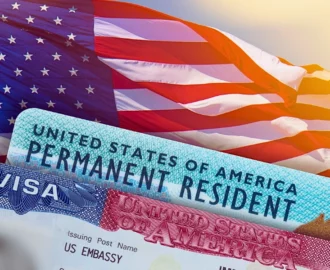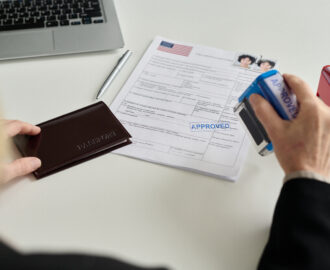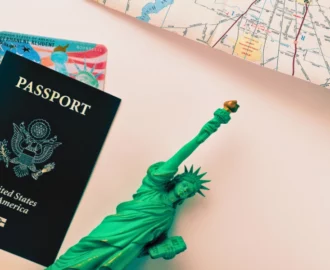When applying for a J-1 Exchange Visitor visa, one key issue is determining whether a two-year home-country physical residence requirement applies. However, this requirement will apply to exchange visitors under certain conditions.
What Exactly Is the Two-Year Physical Presence Requirement?
The two-year home residency requirement prevents individuals coming to the U.S. on J-1 visas from becoming permanent U.S. residents, changing their status in the U.S., or receiving family or work visas until they’ve returned to their home country for a minimum of two cumulative years.
When Does the Requirement Apply?
The two-year home-country physical presence requirement may apply to individuals in J-1 status if:
- Individuals and their families receive funding from their home government, the U.S. government, or an international organization for the purpose of enrolling in the J-1 program.
- The individual studied or worked in any field appearing on the “skills list,” which lists fields of specialized skills and knowledge that the applicant’s home country requires for its development. Countries with a large number of skills on the list include India, China, and South Korea.
- The applicant was involved in a U.S. graduate medical training program under the Educational Commission for Foreign Medical Graduates’ sponsorship.
If individuals are unsure of whether the physical presence requirement applies to them, they can consult with their adviser. It’s also possible to request “advisory opinions” from the U.S. Department of State, which entails an official determination of whether the requirement applies.
Some people may also need to meet this requirement multiple times. This usually occurs if individuals wish to change their J-1 status to a different category, such as a J-1 Student transitioning to a J-1 Scholar. On the other hand, applicants may have the chance to meet these requirements concurrently.
Avoiding the Requirement
Even if it’s determined that an individual must meet the physical presence requirement, it may be possible to avoid it by requesting a waiver. Specifically, applicants have the option of requesting a “letter of no objection” from their native country’s embassy located in Washington, D.C. One main exception would be people who receive funding from the U.S. government for the J-1 program, which makes it extremely difficult to have the requirement waived.
Keeping these aspects in mind, people entering the country on a J-1 visa will be able to determine if they need to meet this requirement before entering.




